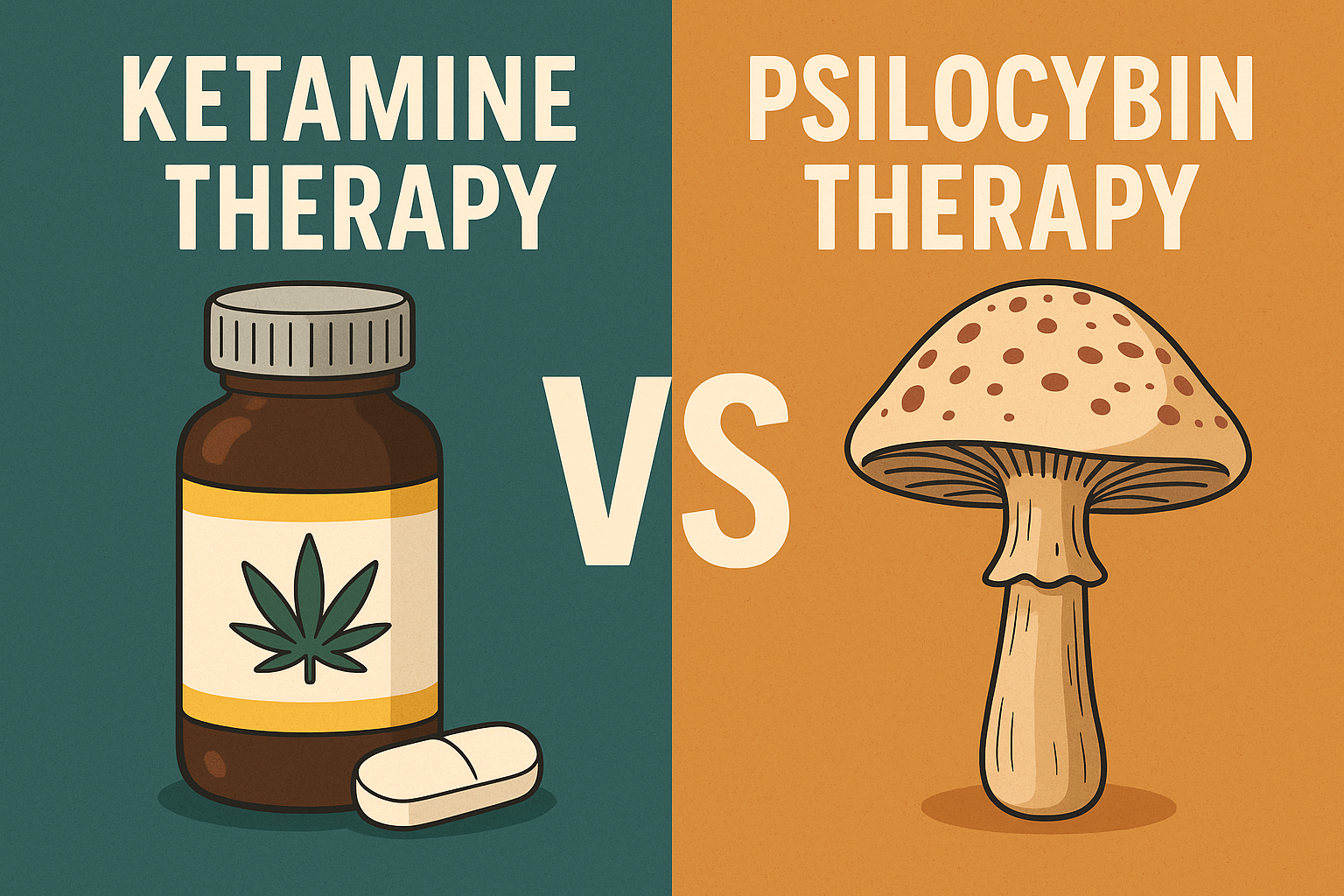Mental health conditions like depression and anxiety can significantly affect daily functioning and overall quality of life. Ketamine is an alternative treatment for individuals seeking relief from debilitating symptoms. Here is more information on this therapy, how it is administered, and how it can help treat depression and anxiety:
What Is Ketamine?
Ketamine was initially developed as a surgical anesthetic. It affects sensory perception and induces a trance-like state while maintaining pain relief and memory suppression. This treatment also has the potential to affect brain pathways involved in mood regulation.
Ketamine acts on the brain’s glutamate system. Glutamate is the most abundant chemical messenger in the brain and plays a role in neural growth and communication. This mechanism can help combat mental health conditions.
How Is It Administered?
Ketamine therapy takes various forms, depending on the treatment plan and patient needs. The most common administration methods include intravenous (IV) infusion, orally dissolvable tablets, targeted injections, or topical applications.
- IV Infusion involves administering ketamine directly into the bloodstream, enabling rapid absorption and quicker effects.
- Oral Tablets dissolve under the tongue, offering convenience while maintaining efficacy.
- Targeted Injection involves delivering ketamine into specific areas, like muscles, to address localized concerns.
- Topical Treatments provide focused relief through application to the skin.
Healthcare professionals carefully supervise each method to foster safe and effective use.
What Is Depression?
Depression is a mental health condition characterized by persistent sadness, lack of energy, and decreased interest in activities. It can also cause disruptions in sleep patterns, appetite, and concentration. Depression often stems from a combination of genetic, biological, and environmental factors. Although symptoms vary among individuals, untreated depression may interfere with professional, personal, and social functioning.
What Is Anxiety?
Anxiety is characterized by excessive worry, fear, or apprehension about everyday situations. It is often accompanied by physical symptoms, such as increased heart rate, rapid breathing, and tension. Anxiety can present in several forms, including generalized anxiety disorder (GAD), panic disorder, and social anxiety. While mild anxiety is a natural response to stress, chronic or severe anxiety may require medical intervention to regulate symptoms and improve quality of life.
How Can Ketamine Help?
Ketamine treatment is a potential option for those who experience depression, anxiety, or other mental health conditions that respond poorly to conventional treatments. This therapy can produce reductions in symptoms within hours, whereas most traditional medications require weeks to take effect. For depression, ketamine helps stimulate neural repair and growth, promoting positive changes in how the brain processes emotions. For anxiety, ketamine may reduce hyperactivity in brain regions associated with fear and worry, supporting calmer mental states.
This therapy may also help break negative thought patterns by inducing a dissociative state. This temporary cognitive reset may provide individuals with a new perspective on their challenges, enabling them to develop more effective coping strategies in their daily lives. When administered by a professional, ketamine can serve as an effective tool in achieving meaningful progress.
Improve Your Mental Health
Ketamine provides innovative possibilities in mental health treatment. Its rapid and effective results may help individuals with depression, anxiety, or other psychological challenges that are resistant to traditional approaches. If you or someone you know is struggling with mental health issues, consult with a qualified professional to explore whether ketamine therapy may be right for you. By taking proactive steps toward better mental health, you can start living a more fulfilling life.
- Choosing the Right Plastic Surgeon for Your Cosmetic Procedure
- Understanding Different Types of Laser Treatments for Skin Rejuvenation
- Why a Family Dentist is Key for Maintaining Oral Health
- The Benefits of Regular Visits to a Wellness Spa
- Exploring the Emotional and Psychological Triggers of Eating Disorders


Leave a Reply